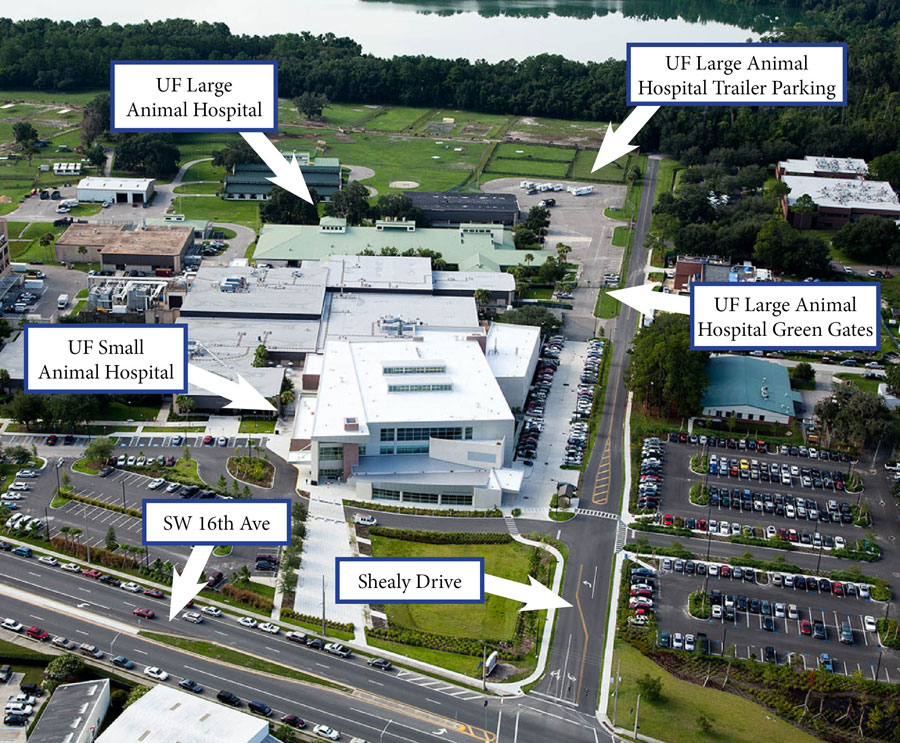Why Pet Diagnostic Labs Are Essential for Dogs and Cats
Ensuring the health of your pets ensures they live their best life. Animal diagnostic labs offer a wide range of services for household pets.
Throughout this resource, we’ll break down how veterinary labs work, what tests they offer, and how these services benefit your pets.
Understanding the Role of Veterinary Testing Centers
Diagnostic services for pets help diagnose health conditions in pets. They are critical for animal doctors to deliver personalized care for pets.

How they work generally features:
- Obtaining biological samples: Blood, urine, feces, or tissue samples are retrieved during vet visits.
- Laboratory analysis: Modern technology interpret the findings.
- Diagnosing the findings: The lab delivers insights to the veterinarian for further action.
Essential Diagnostic Tests for Cats and Dogs
Animal health services conduct a range of diagnostic procedures to address health concerns early. Key veterinary tests include:
- Blood tests: Identify infections.
- Urine screenings: Spot bladder issues.
- Digestive system checks: Detect intestinal parasites.
- Skin tests: Address skin irritations.
- Diagnostic imaging: Evaluate structural health.
The Benefits of Veterinary Diagnostics
Periodic veterinary assessments plays a key role in keeping your pets healthy. Timely diagnosis helps avoid complications.

Important reasons include:
- Improved health outcomes: Early interventions for your pet’s needs.
- Confidence in your pet’s health: Track their wellness.
- Avoiding expensive treatments later: Prevent costly procedures.
laboratório para exames em animaislaboratório veterinário pró vitaclínica e laboratório veterinário da villa
Conclusion: Prioritizing Pet Health with Veterinary Labs
Relying on regular health assessments for household animals keeps them happy and healthy. Pet testing facilities provide valuable insights to manage their health effectively.
Make lab testing part of your pet’s health plan to protect their health!